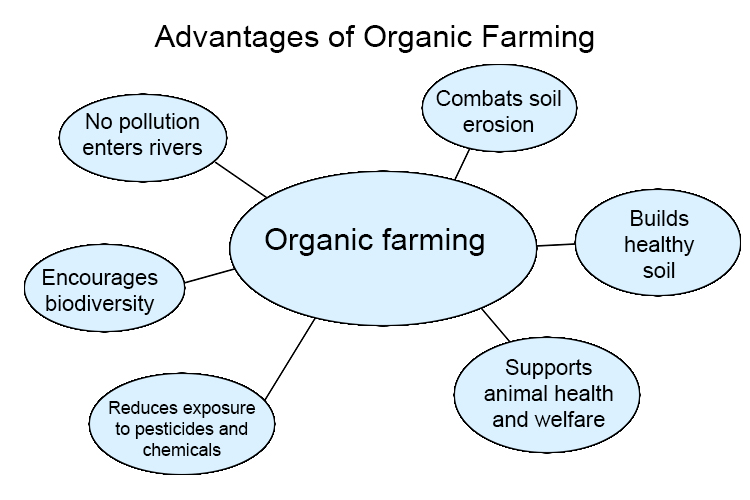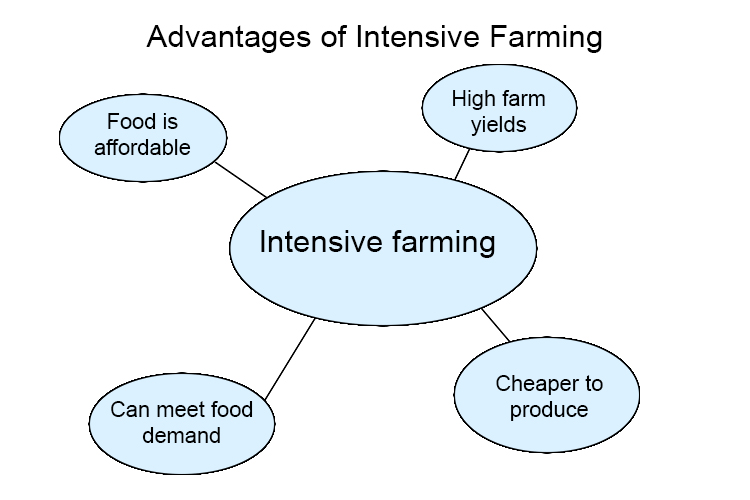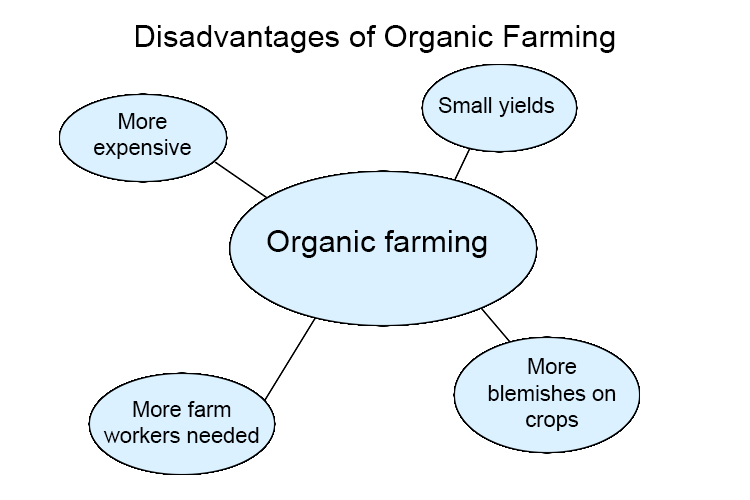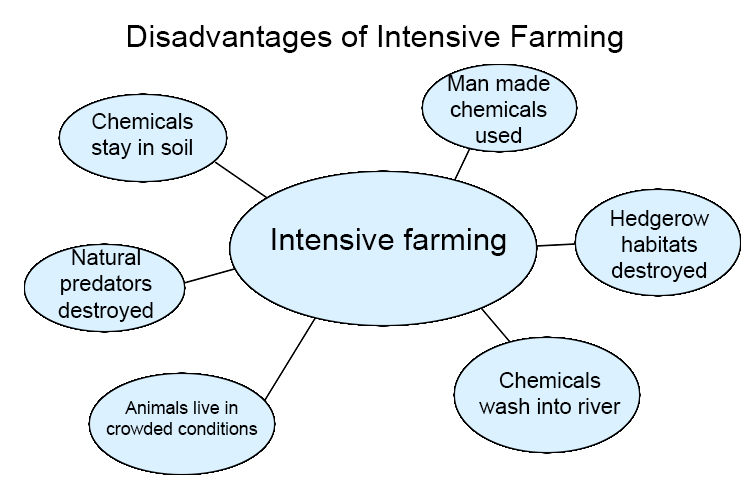Organic Produce – Food which is produced using environmentally and animal-friendly farming methods (no pesticides)
Organic farmers choose not to use artificial fertilisers and develop fertile soil by rotating crops and using compost, manure and clover. It must be free of synthetic additions like pesticides and dyes.
To remember the meaning of the term Organic Produce, use the following mnemonic:
The organ that was nicked produced (organic produce) no profit as no one wanted to buy it, so they disposed of it in an environmentally friendly way.





Overproduction and the use of artificial fertilisers and pesticides in conventional farming can negatively affect ecosystems, biodiversity and water supplies.
In organic farming, these environmental and health issues are minimised or avoided altogether.
Standards for the production of organic food vary from one country to another, but organic farming generally features practices that cycle resources (putting back into the soil nutrients that are taken out), promote ecological balance, and conserve biodiversity.
Organisations that regulate organic products restrict the use of certain pesticides and fertilisers in farming methods.
In food processing, organic foods are typically not processed using irradiation, industrial solvents or synthetic food additives.
Demand for organic foods is primarily driven by consumer concerns for personal health and the environment. However, while many of the environmental advantages are clear, there is insufficient evidence in scientific and medical literature to support claims that organic food is either safer or healthier to eat than conventional food.




